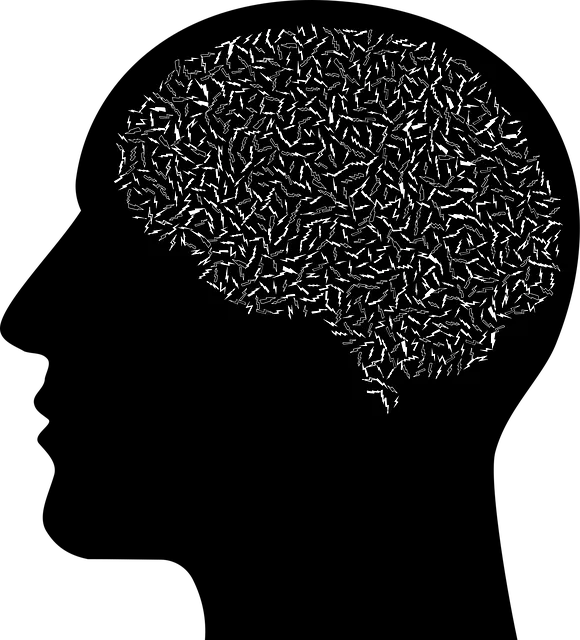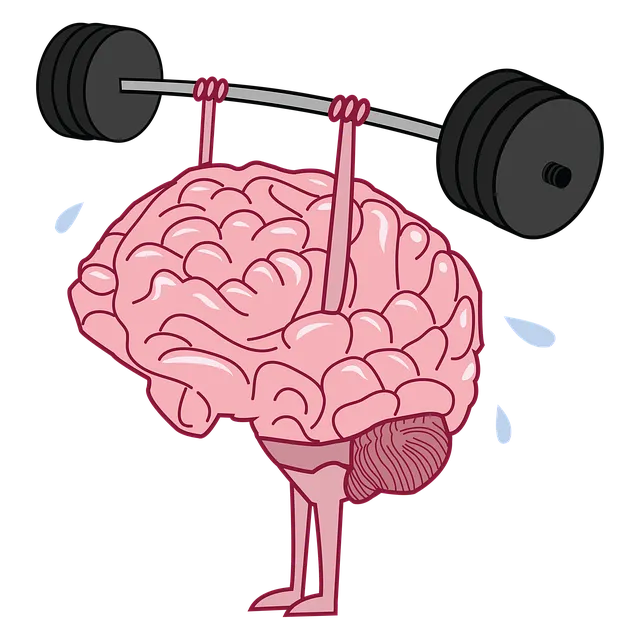The Centennial Kaiser Permanente mental health department number offers a comprehensive approach to emotional well-being. Their risk assessment goes beyond threats, considering vulnerability and outcomes, using evidence-based techniques to empower patients with coping strategies. Stress management workshops and harm minimization strategies, including anxiety relief and social skills training, focus on proactive depression prevention and enhanced mood management through tailored interventions and continuous monitoring.
Risk assessment and harm minimization planning are essential components of providing comprehensive care within the Centennial Kaiser Permanente mental health department. This article guides professionals through critical steps, from understanding risk assessment techniques tailored for mental health care to identifying unique vulnerabilities among patients. We explore strategic development of minimization strategies and highlight best practices for implementation and monitoring, ensuring the safety and well-being of every individual under our care, as demonstrated by the Centennial Kaiser Permanente mental health department’s commitment to excellence.
- Understanding Risk Assessment in Mental Health Care
- Identifying Potential Harms and Vulnerabilities
- Developing Comprehensive Minimization Strategies
- Implementing and Monitoring Effective Risk Management Plans
Understanding Risk Assessment in Mental Health Care

In the context of mental health care, risk assessment is a comprehensive process that involves identifying and evaluating potential hazards to an individual’s emotional well-being. The Centennial Kaiser Permanente mental health department number serves as a crucial point of contact for patients seeking support. This assessment goes beyond merely detecting risks; it aims to understand the factors contributing to vulnerability and predict potential outcomes. By employing evidence-based Emotional Well-being Promotion Techniques, the department helps individuals develop coping strategies to manage stress and mitigate risks effectively.
Through organized Stress Management Workshops, Kaiser Permanente equips patients with knowledge and skills to navigate life’s challenges. This proactive approach not only prevents short-term distress but also focuses on long-term Depression Prevention. By fostering a culture of resilience and emotional intelligence, the mental health department at Kaiser Permanente Centennial plays a pivotal role in empowering individuals to take control of their mental health, thereby minimizing harm and promoting overall well-being.
Identifying Potential Harms and Vulnerabilities

Identifying potential harms and vulnerabilities is a critical step in risk assessment for the mental health department at Kaiser Permanente. This process involves thoroughly examining various aspects of patient care, including individual psychological profiles, treatment methods, and environmental factors. By understanding the unique risks associated with each patient, such as those facing chronic conditions or societal stressors, professionals can tailor their approach to address specific vulnerabilities.
The Mental Wellness Podcast Series Production highlights the importance of proactive risk management planning in mental health. Through regular assessments, professionals ensure they are equipped to handle a range of potential harms, from relapse and suicide risks to the impact of traumatic events. By integrating these insights into everyday practice, the Centennial Kaiser Permanente mental health department can foster better mood management and enhance overall patient outcomes, underscoring the essence of comprehensive risk assessment and harm minimization.
Developing Comprehensive Minimization Strategies

Developing comprehensive harm minimization strategies is a multifaceted process that requires careful consideration from all stakeholders within the Centennial Kaiser Permanente mental health department. By integrating approaches such as Anxiety Relief programs, Social Skills Training, and Crisis Intervention Guidance, the department can create a robust safety net for patients facing various challenges. These strategies not only aim to prevent harm but also equip individuals with the necessary tools to manage their mental well-being effectively.
Through collaborative efforts, the mental health team can design tailored interventions that address specific risks, ensuring a personalized approach to care. Regular reviews and updates of these minimization plans are essential, as they allow for dynamic adjustments based on emerging trends and individual patient needs. By fostering an environment that prioritizes safety and support, Centennial Kaiser Permanente can enhance its services, ultimately leading to improved outcomes for those seeking mental health assistance.
Implementing and Monitoring Effective Risk Management Plans

Implementing and monitoring effective risk management plans is a cornerstone of responsible care within the mental health department at Kaiser Permanente, reflecting the steadfast commitment of the Centennial location. This involves a systematic approach where identified risks are meticulously assessed for their potential impact on patient well-being. By prioritizing these risks, the mental health team develops comprehensive strategies aimed at harm minimization. These plans often incorporate tailored interventions, such as Community Outreach Program Implementation, to proactively engage and support patients in managing their conditions effectively.
Regular monitoring ensures that these risk management plans remain responsive to evolving circumstances and patient needs. Through ongoing evaluation, the Centennial Kaiser Permanente mental health department can track progress, identify areas requiring adjustment, and measure the effectiveness of interventions, including those focused on Self-Esteem Improvement and Coping Skills Development. This vigilant approach fosters a safe and supportive environment, enabling patients to navigate their mental health journeys with increased confidence and resilience.
Risk assessment and harm minimization planning are essential components of providing safe, effective care within the Centennial Kaiser Permanente mental health department. By understanding risk factors, identifying potential harms, and developing comprehensive strategies, healthcare providers can significantly reduce risks and improve patient outcomes. Implementing and monitoring these plans is crucial to ensuring a proactive approach, allowing for rapid adjustments and continuous improvement in risk management practices at the Centennial Kaiser Permanente mental health department.






